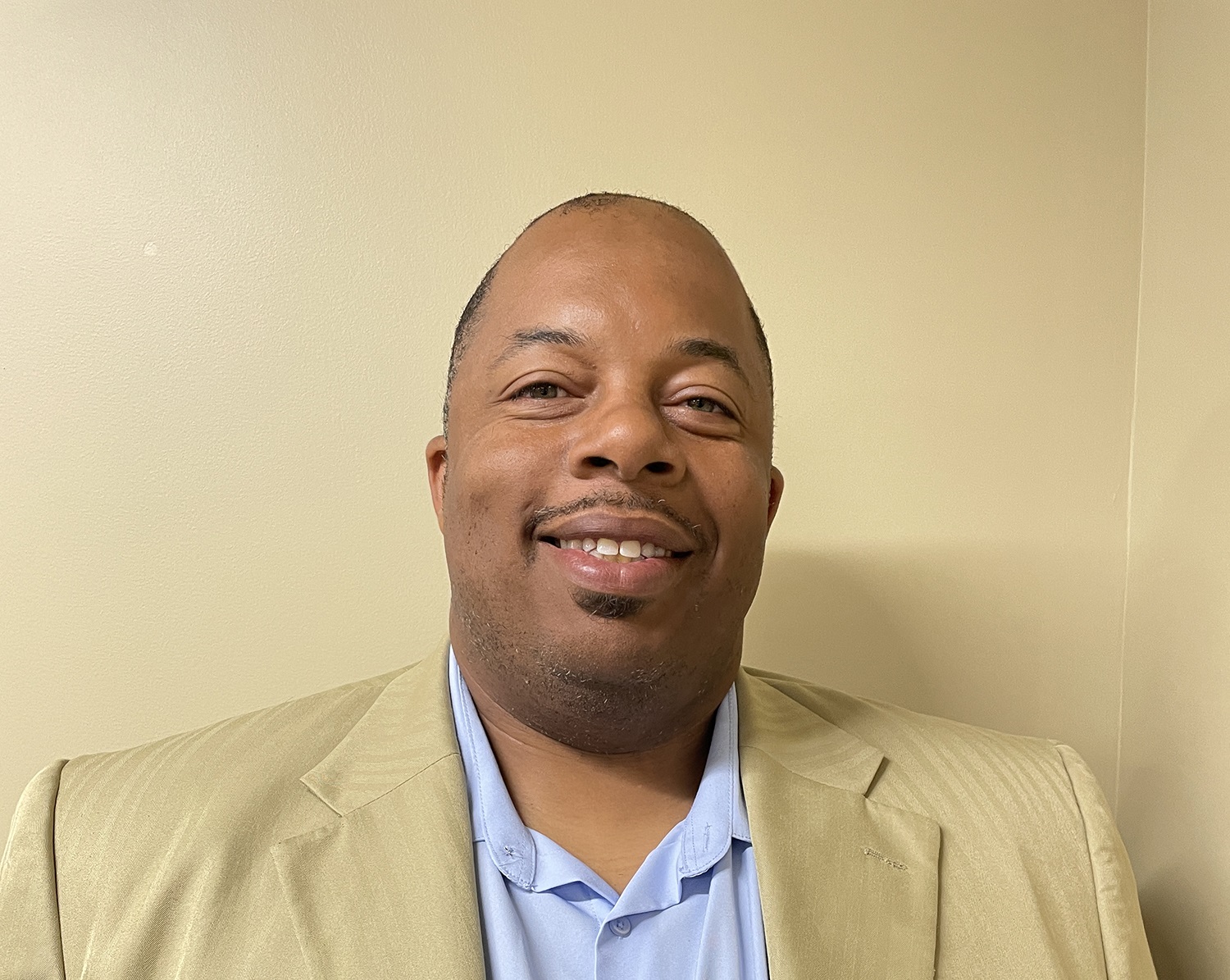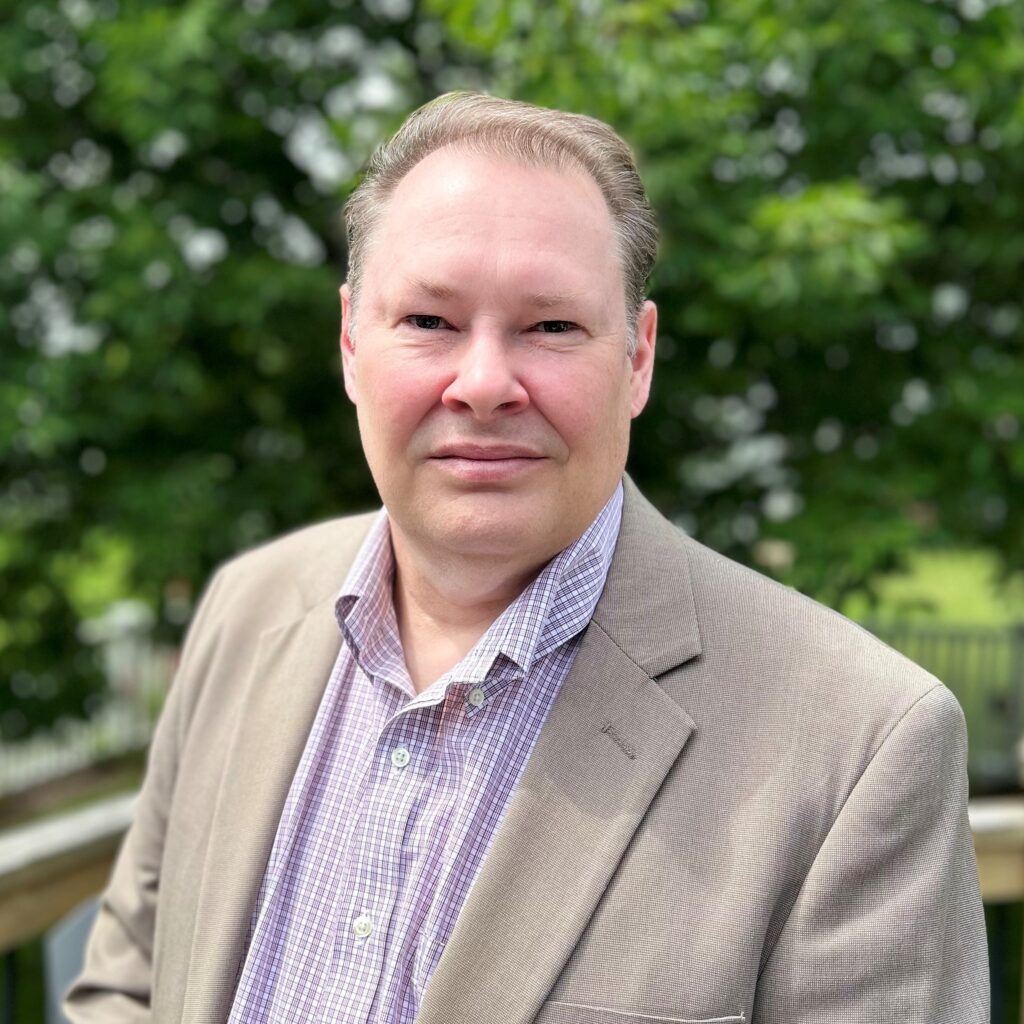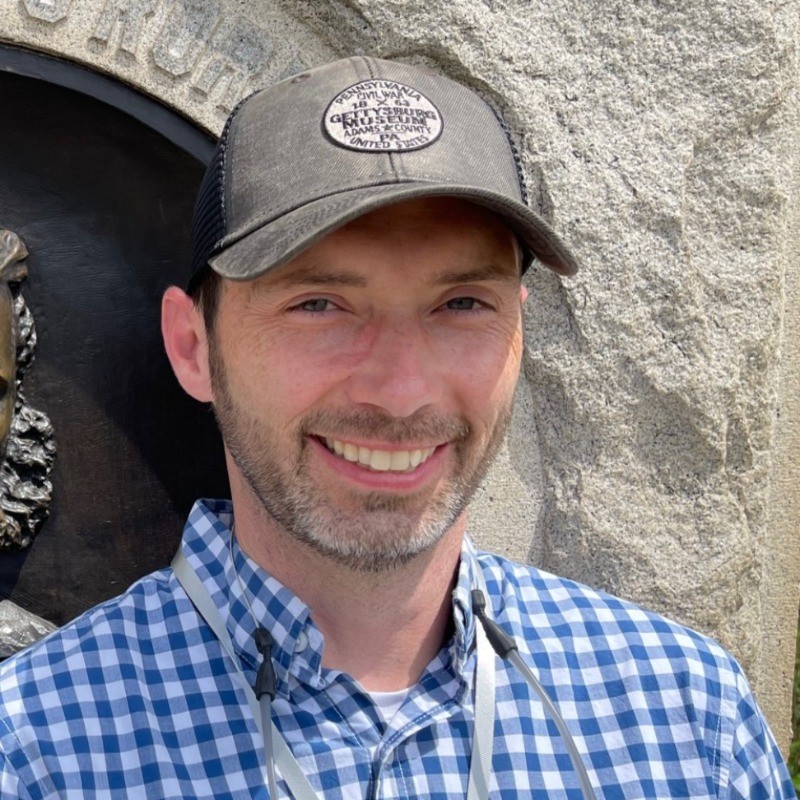Eddie Watkins was a Senior Traffic Studies Specialist in the Missouri Department of Transportation (MODOT) in 2022 when he enrolled in the Operations Academy Senior Management Program at the University of Maryland. He attributes his recent elevation to Traffic Operations Engineer in MODOT in part to his experience in the Operations Academy.
During his two weeks in the Operations Academy, he realized he had been in a “silo” of traffic management strategies. Upon meeting many other transportation professionals from across the industry, he immediately knew he had much more to learn about traffic systems management and operations (TSMO.)
“I learned in the Operations Academy that we had a lot of strategies, but we could be executing them better with innovative ideas from other DOTs and agencies. They have gone through a lot of struggles that we have not yet faced, and we can get a lot of useful perspective from them,” Eddie said. “Gaining a better awareness of TSMO and learning innovative strategies that I could bring to my department was incredibly useful.”
The primary functions of his job as Traffic Operations Engineer are to reduce traffic congestion and improve the reliability and safety of the roads. Also, he is tasked with finding ways to use the resources he must innovate solutions to these problems, rather than utilizing funds to increase construction.
“I have to figure out how to use what I have in a new way to help people get where they’re going safely,” he said. “Those strategies and processes are a core function of TSMO, and I learned so much about it at the Operations Academy that is helping me even today.”
There were two major problems in his agency that he gained new insights about while at the Operations Academy. The first issue was about workforce development, as his agency was experiencing a high rate of turnover. And the second was an unusually high rate of accidents due to wrong-way driving.
He shared these challenges with his peers from other DOTs and learned that they had also been struggling with workforce development issues. He received guidance in those ongoing difficulties, and through the network of professionals that became accessible to him at the Operations Academy, he continues to look to them for support and direction.
Using the TSMO strategies he acquired, he returned to his agency and immediately began to tackle the wrong way driving problems. He introduced new, more effective solutions, such as adding inlaid lighted pavement markers and lit pucks in the pavement.
But implementing those changes also required buy-in from his leadership, as well as finding the funds to pay for the changes. In the Operations Academy, he studied others’ similar plans to communicate the locations of the biggest problems with wrong-way drivers, create a plan of action at those locations, notify the Traffic Management Center, alert law enforcement about a wrong-way driver, and put a real-time wrong-way driver message on DMS boards.
“Since the Operations Academy, we’ve been able to install LED flashing lights at 45 locations, as well as taken numerous other actions to reduce this problem,” Eddie explained. “We are now looking at a 45% drop in crashes related to wrong-way driving, but also an increased public awareness of why we have the flashing lights and arrows.”
This is now part of his department’s asset management plan, and his use of more efficient TSMO strategies has yielded a great benefit to the public and to his own agency.
“This is one of the most important things I learned at the Operations Academy—create a plan, inform the leadership and stakeholders of the need for the plan and describe how it will help the public and the agency, and promote TSMO as relates to it all,” he said. “The foundation of everything is that we are here to help people get where they want to go without solving every problem by adding capacity.”
The focus on networking, teamwork and listening to the insights of teammates from across all areas of the industry—especially those with whom he had rarely interacted—was a key benefit to the two-week experience. As a self-described introvert, Eddie’s comfort in speaking in front of people increased so that he became more confident in presenting to groups.
The Operations Academy expanded his skill set and prepared him for career advancement. He knows it was taken into consideration when he applied for the promotion, which he received. Many of the interview questions were TSMO-related, and he effectively answered those questions drawing on the knowledge he gained directly from his Operations Academy experience.
An additional bonus is the extensive network of Operations Academy alumni to whom he gained access through the ListServe, which is a platform that is available to ask questions or request guidance for almost any problem that could arise.
“They’re always there, they provide answers, and I’m still in touch and converse with many of my Operations Academy team members,” he said. “We are all doing some form of the same thing, and we are all having the same kinds of challenges, so we reach out to each other and get support and come through them, and then lend our experiences to others to help them find their solutions. That network is among the biggest benefits from my time at the Operations Academy.”






